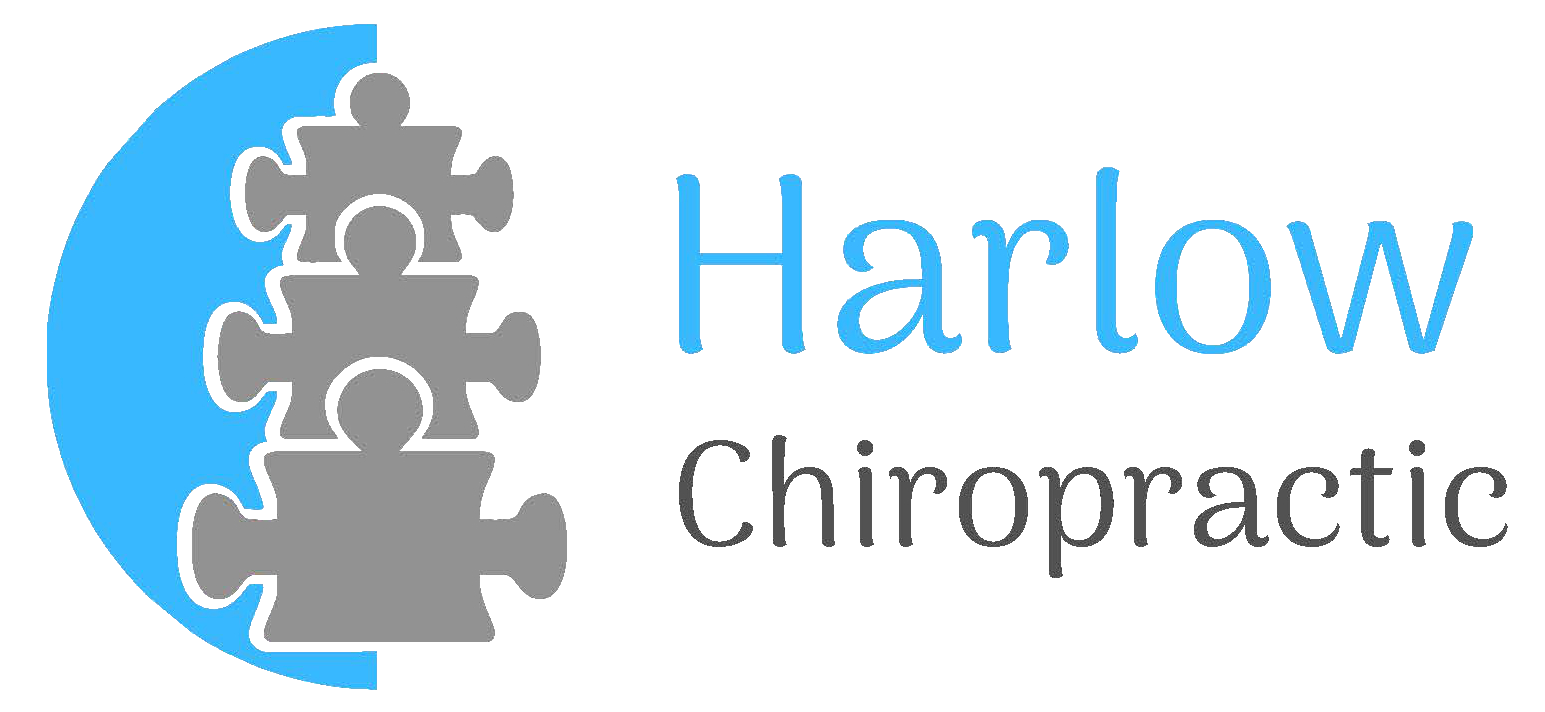Are you one of the millions of people who suffer from headaches? Maybe you don’t get them often, but you have had headaches or know someone who does. Keep in mind that there are several types of headaches including tension, migraine, cluster, sinus, and TMJ to name a few. While some causes of headaches can be quite serious and quite complex, we are going to focus on the two most common types: tension and migraine headaches.
Tension headaches are a result of tight muscles of the upper back, neck, and/or head. This tightness may stem from physical or emotional stress, poor posture, overuse, or misalignment of the spine. Most people know that massaging the area can help to relieve tension but often there is a lack of understanding about of getting adjusted to improve the body’s functioning. Bones and muscles are connected so addressing one without the other is often futile. Tight muscles pull on the bones to which they are connected. Similarly, when bones are misaligned and the joints are not moving properly, the surrounding muscles will react, causing tightness, imbalance, and ultimately pain. Here at Harlow Chiropractic, we not only help identify the source of pain, we can help to decrease pain, improve function, and educate patients on how to prevent this problem in the future.
Migraine headaches, on the other hand, are vascular headaches. They are often genetic and have certain triggers such as hormonal changes, food, stress, and even changes in the weather. Migraine headaches, unlike tension headaches, may be accompanied by visual disturbances, nausea, vomiting, abdominal pain, and slurred speech. The key to treating migraine headaches is determining the triggers. Keeping a headache diary can help to pinpoint specific causes. Getting adjusted can also help with these types of headaches because adjustments help to improve the overall function.
Medical attention needs to be sought immediately if you experience a sudden onset of pain that is worse than you have ever experienced, if a fever and stiff neck are accompanied, or if you recently experienced head trauma.




